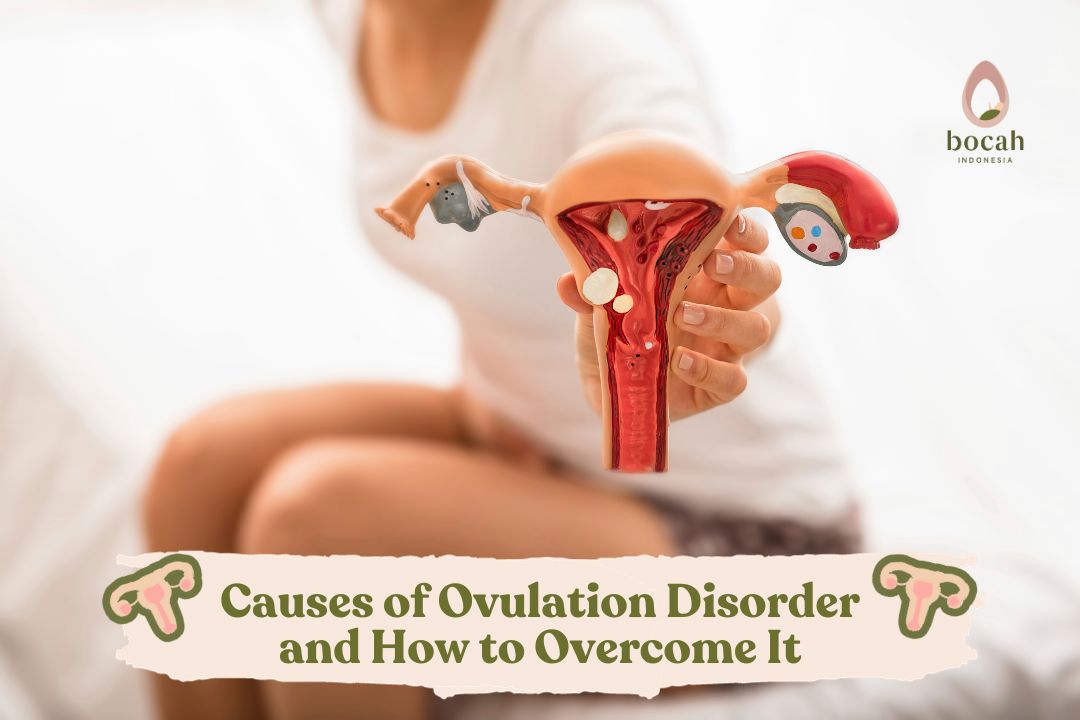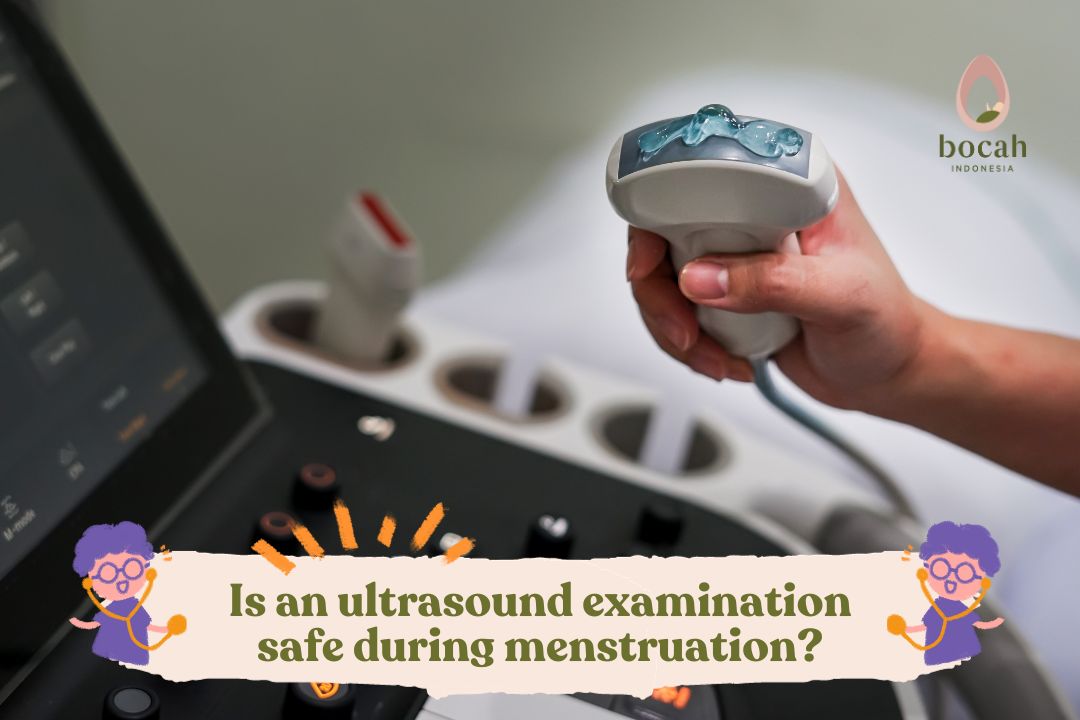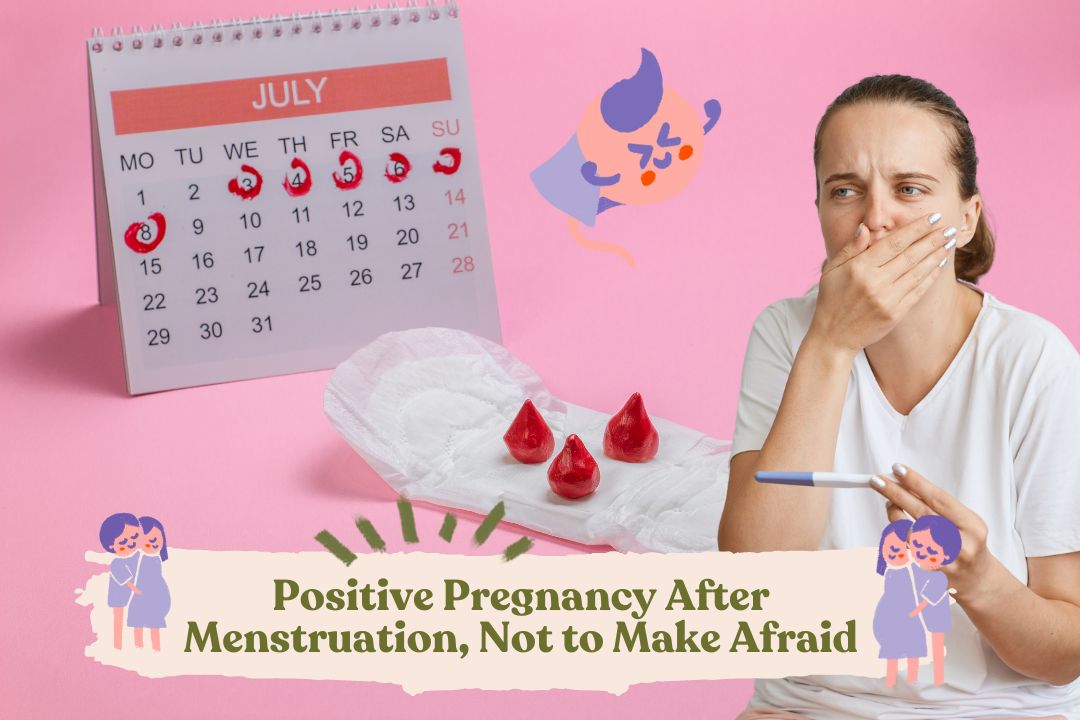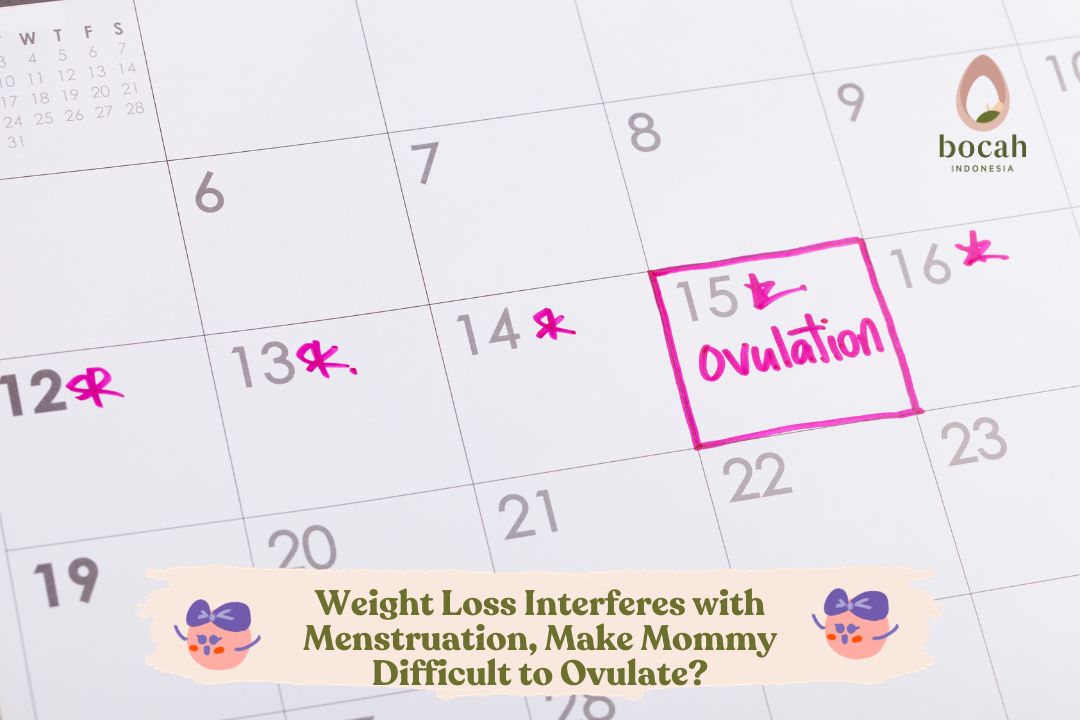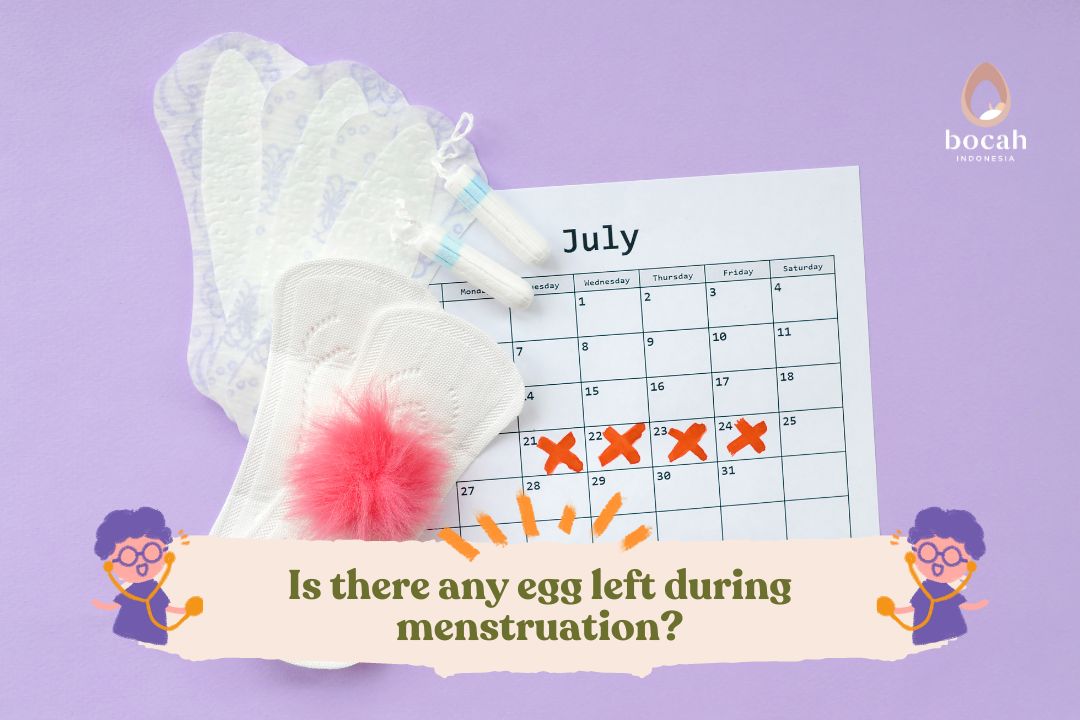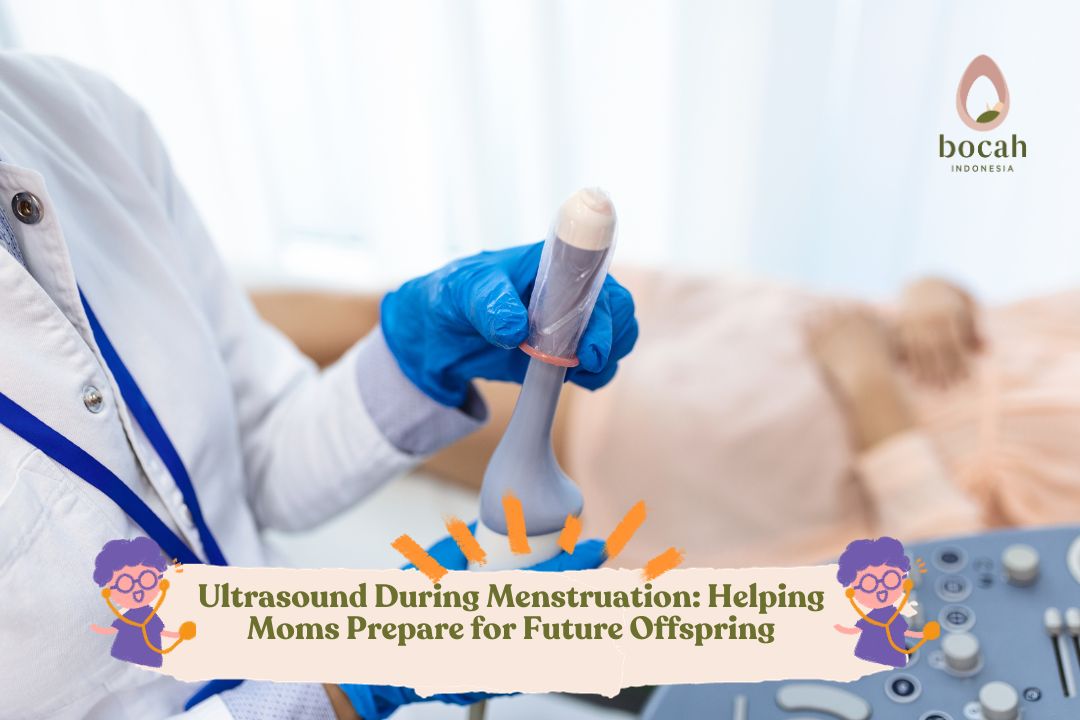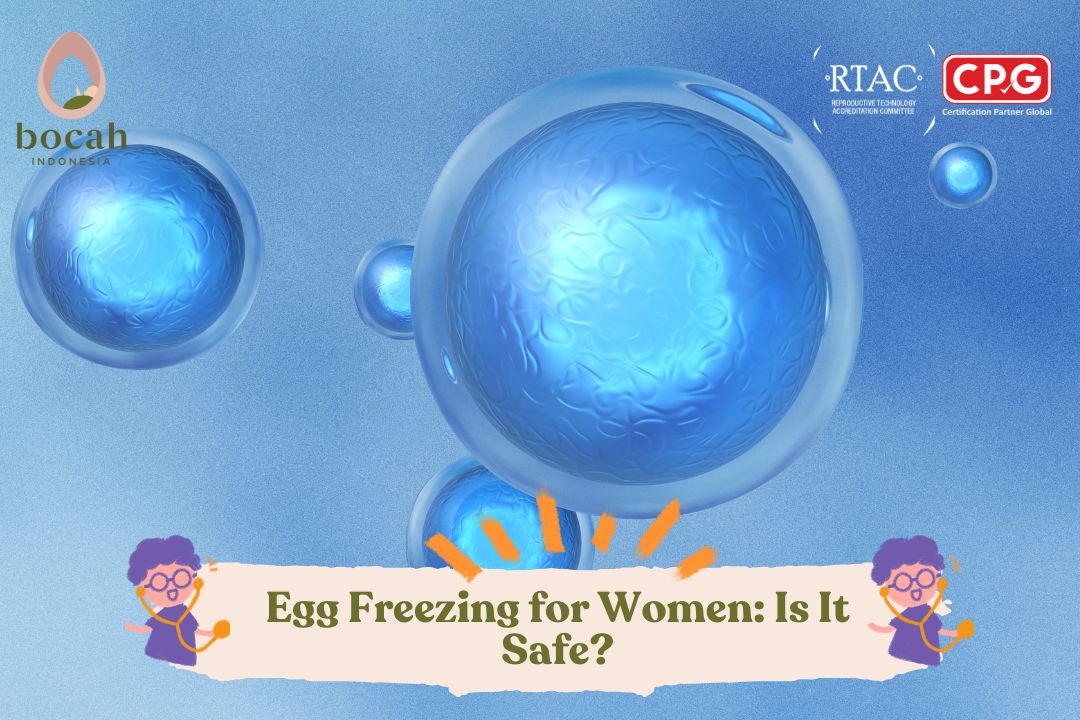8 Safe and Effective Ways to Induce Menstruation
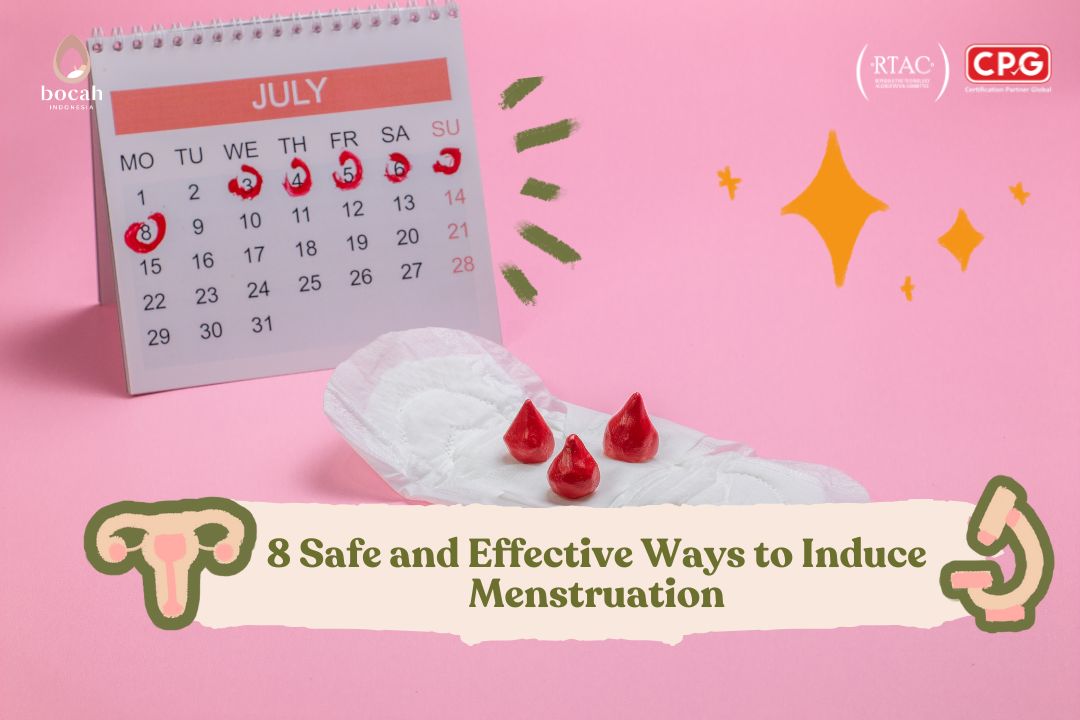
A regular menstrual cycle is a key indicator of a healthy reproductive system.
It reflects that ovulation the release of a mature egg occurs normally, which is essential for conception.
However, many women experience delayed or irregular periods due to hormonal imbalance, stress, weight changes, or medical conditions such as Polycystic Ovary Syndrome (PCOS).
1. Hormone Therapy — The Most Clinically Proven Solution
Hormonal imbalance between estrogen and progesterone is the most common cause of delayed menstruation.
Hormone therapy helps re-stabilize these levels to restore a normal cycle.
Commonly prescribed medications include:
-
Combination of Progesterone and Estrogen
Tanya Mincah tentang Promil?
-
Bromocriptine
-
Metformin
-
Clomiphene Citrate (Clomid)
-
Follicle Stimulating Hormone (FSH)
Clinical evidence:
The Journal of Clinical Endocrinology & Metabolism confirms that hormone therapy helps regulate menstrual cycles in women with endocrine disorders.
Important note:
Hormonal medication should only be taken under the supervision of an OB-GYN or fertility specialist (Sp.OG-KFER) to prevent unwanted hormonal side effects.
2. Hormonal Birth Control and Emergency Contraception
Combination birth control pills containing Levonorgestrel and Ethinylestradiol can help regulate reproductive hormones and normalize the menstrual cycle.
Emergency contraceptive pills (also known as the morning-after pill) may cause earlier menstruation as a side effect.
However, these are not recommended for routine use, as frequent consumption may disrupt hormonal balance.
3. Managing Stress to Restore Hormonal Balance
High stress levels increase the release of cortisol, a hormone that suppresses estrogen and progesterone — resulting in delayed menstruation.
Evidence-based strategies:
-
Yoga and meditation
-
Deep breathing exercises
-
7–8 hours of quality sleep
-
Engaging in enjoyable, relaxing activities
According to the American Psychological Association, stress management techniques improve hormonal balance and promote regular menstrual cycles.
4. Maintain a Healthy Weight and Moderate Exercise
Moderate physical activity supports proper hormone regulation and blood circulation to the reproductive organs.
However, excessive or intense exercise can inhibit ovulation and delay menstruation.
Body weight also plays a crucial role:
-
Overweight: Excess body fat increases estrogen, extending the menstrual cycle.
-
Underweight: Low fat levels reduce hormone production and can stop ovulation altogether.
Maintaining an ideal body mass index (BMI) through balanced diet and moderate exercise supports both hormonal and reproductive health.
5. Nutrition and Vitamins That Support Menstrual Health
Diet and nutrition are vital in regulating the menstrual cycle and supporting hormonal balance.
Nutrients recommended by Bocah Indonesia fertility specialists:
-
Vitamin C: Helps stimulate uterine contractions (found in citrus, guava, broccoli)
-
Vitamin D: Supports ovarian function and hormonal stability (found in eggs, salmon, fortified milk)
-
Iron: Prevents anemia and supports healthy blood flow (found in spinach, red meat)
-
Omega-3: Reduces hormonal inflammation (found in fish, chia seeds)
6. Herbal Support and Emmenagogues
Certain natural ingredients — known as emmenagogues — are traditionally used to enhance blood flow to the uterus, potentially inducing menstruation.
Popular herbal examples:
-
Ginger: Stimulates mild uterine contractions
-
Cinnamon: Helps regulate insulin and hormonal levels
-
Unripe Papaya: Contains enzymes that mimic prostaglandin effects
-
Pineapple: Rich in bromelain, which may reduce inflammation
While these are widely used, clinical research on their efficacy remains limited. Always consult your doctor before taking any herbal supplements, especially during fertility treatment.
7. Abdominal Massage and Sexual Activity
Gentle lower abdominal massages can increase pelvic blood circulation and relax uterine muscles.
In addition, sexual activity or orgasm can trigger natural uterine contractions, which may sometimes help induce menstruation.
8. Consult a Fertility Specialist
If your period is delayed for more than three consecutive months, it’s important to consult a medical professional.
Irregular or absent menstruation may be caused by conditions such as PCOS, thyroid disorders, or hypothalamic dysfunction.
At Bocah Indonesia Fertility Clinic, patients receive a comprehensive evaluation that includes:
-
Reproductive hormone tests (FSH, LH, Estrogen, Progesterone)
-
Transvaginal ultrasound to assess ovarian and uterine health
-
Fertility workup and ovulation analysis
Based on the results, your doctor will design a personalized fertility plan, which may include hormone therapy, ovulation stimulation, or assisted reproduction programs (IUI/IVF).
Conclusion
Regulating your menstrual cycle isn’t only about inducing bleeding—it’s about restoring hormonal balance and reproductive health.
With safe medical intervention, proper nutrition, and healthy lifestyle habits, you can help your body return to its natural rhythm and improve fertility potential.
If your period is consistently delayed or irregular, consult a fertility specialist at Bocah Indonesia to identify the cause and receive appropriate, targeted treatment.
Source:
-
American Psychological Association. (2019). Stress effects on the body: Hormonal and reproductive health. Retrieved from https://www.apa.org
-
American College of Obstetricians and Gynecologists (ACOG). (2021). Menstruation in girls and adolescents: Using the menstrual cycle as a vital sign. ACOG Committee Opinion No. 651.
https://www.acog.org -
Harlow, S. D., & Campbell, O. M. (2004). Epidemiology of menstrual disorders in developing countries: A systematic review. BJOG: An International Journal of Obstetrics & Gynaecology, 111(1), 6–16.
https://doi.org/10.1111/j.1471-0528.2004.00012.x -
Chandra, V., & Panda, S. (2019). Effect of ginger (Zingiber officinale) supplementation on menstrual pain and irregular cycles: A review of clinical evidence. Phytotherapy Research, 33(5), 1234–1241.
https://doi.org/10.1002/ptr.6312 -
Kim, J., Park, S., & Lee, Y. J. (2020). Relationship between vitamin D deficiency and menstrual irregularity in premenopausal women. Journal of Reproductive Medicine and Endocrinology, 17(4), 233–239.
https://doi.org/10.1186/s12958-020-00624-5 -
Johnson, S. R. (2015). The influence of stress and lifestyle factors on menstrual cycle regularity. Obstetrics & Gynecology Clinics of North America, 42(1), 1–13.
https://doi.org/10.1016/j.ogc.2014.09.001 -
Practice Committee of the American Society for Reproductive Medicine. (2023). Evaluation and treatment of menstrual disorders in women seeking fertility care. Fertility and Sterility, 120(2), 289–298.
https://doi.org/10.1016/j.fertnstert.2023.01.010 -
National Institutes of Health (NIH). (2022). Polycystic Ovary Syndrome (PCOS): Diagnosis and management.
Retrieved from https://www.nichd.nih.gov -
Speroff, L., & Fritz, M. A. (2011). Clinical Gynecologic Endocrinology and Infertility (8th ed.). Lippincott Williams & Wilkins.
-
Taneepanichskul, S., & Dusitsin, N. (2020). Role of hormonal therapy in regulating the menstrual cycle among reproductive-age women. Journal of Clinical Endocrinology & Metabolism, 105(11), 3648–3656.
https://doi.org/10.1210/clinem/dgaa521 -
Wesselink, A. K., Wise, L. A., & Hatch, E. E. (2021). Dietary patterns and menstrual cycle function: Evidence from the PRESTO cohort study. American Journal of Clinical Nutrition, 114(3), 1072–1082.
https://doi.org/10.1093/ajcn/nqab188 -
World Health Organization (WHO). (2020). Normal menstruation and menstrual disorders: Technical guidance for health professionals. Geneva: WHO Press.
https://www.who.int


